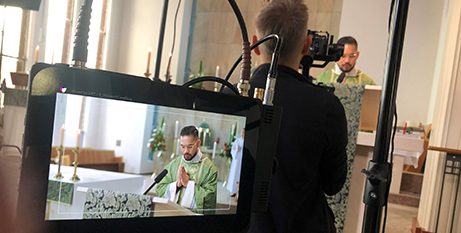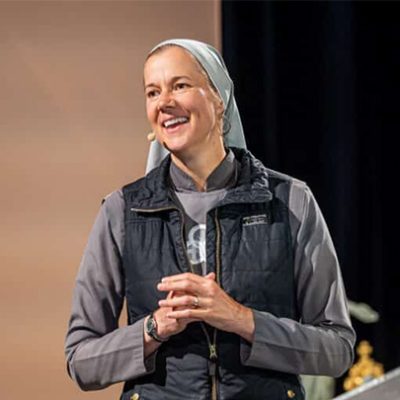
The digitalisation of culture offers the Church many new challenges, as well as a great new avenue for evangelisation, writes Fr Joshua Nash OMI. Source: The Bridge.
Over the past few decades, you may have read about the rise of the digital age or new digital spaces. You may have read how the Church has begun to use social media or digital technologies in worship, catechesis and of evangelisation. Current understanding of this phenomenon, however, teaches that digital media and technologies need to be viewed as a culture in and of themselves, and not just in terms of their utility.
Contemporary Catholic missiology hopes to avoid the mistakes of the past where the Church dominated culture and instead offers us a new paradigm of mission known as Prophetic Dialogue.
This concept was coined by two missionaries of the Society of the Divine Word, Fr Stephen Bevans and Fr Roger Schroeder. Their purpose of recontextualising missiology for the 21st century was to enable missionaries to better engage with non-European cultures that the Church now found itself in. In essence, however, the missiological paradigm of Prophetic Dialogue can be adapted to any culture, especially the digitalised culture of many modern-day communities.
According to Fr Bevans and Fr Schroeder, mission needs to be dialogical; it must be prepared to listen before it speaks. This aspect recognises that the missionary does not bring God to the new culture; God is already there. The missionary’s role is simply to support the people of this new culture to recognise the presence of God in the goodness of their own culture.
In order for the Church to prophetically dialogue with the digital culture, it must first enter the culture as a foreigner, observe it and learn its ways and customs.
Fr Joshua Nash OMI is the assistant priest as St David’s Parish, Tea Tree Gully, in the Adelaide Archdiocese.
FULL STORY
Evangelisation and mission in a digitalised culture (By Matthew Biddle, The Bridge)






